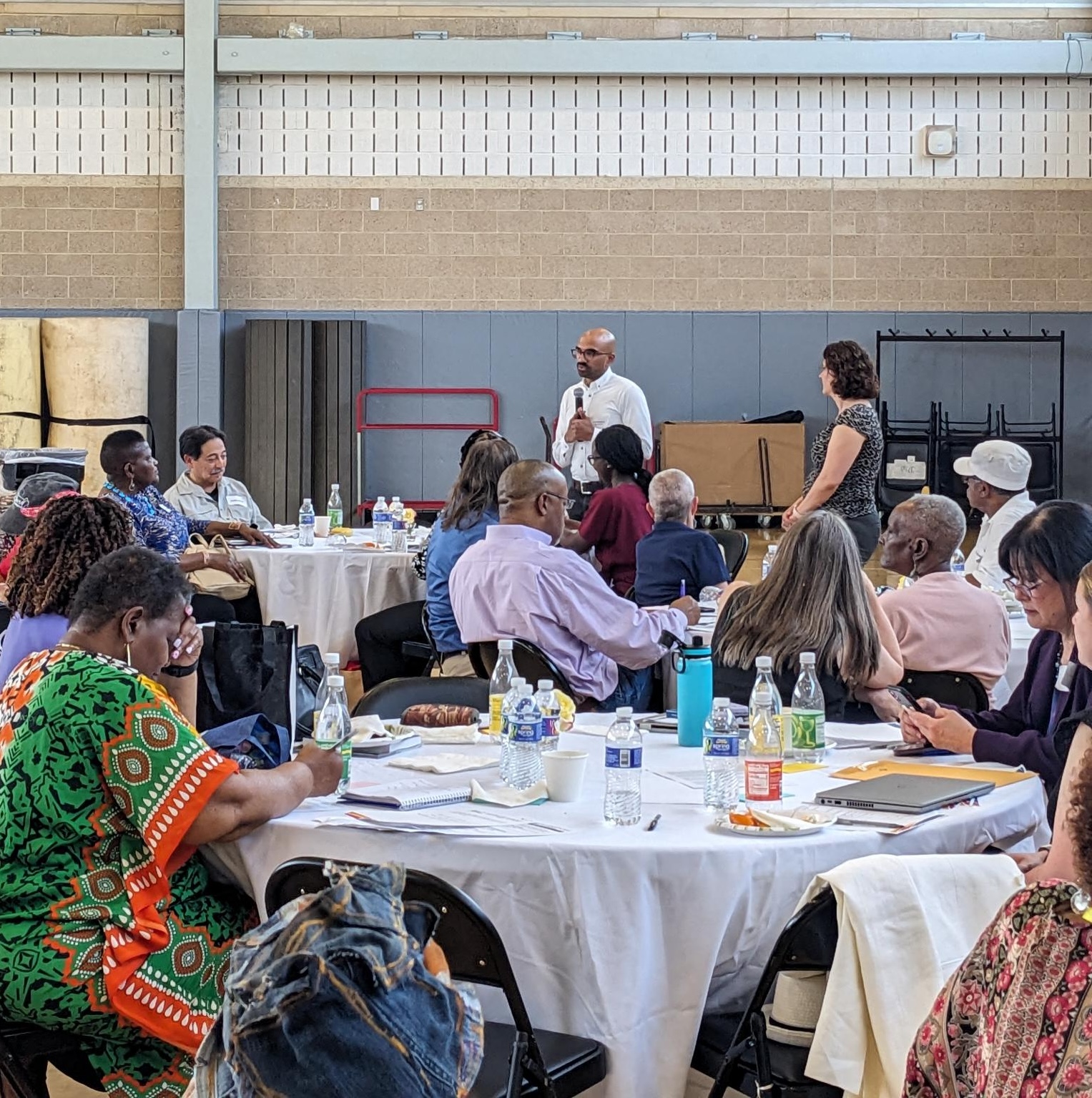

Older Americans encounter challenges aging in place due to various factors, such as limited access to healthcare, inadequate housing options, and social isolation. Federal policymakers want to hear about what older Americans need, especially Americans in underserved parts of the country. To address this, the Interagency Coordinating Committee on Healthy Aging and Age-Friendly Communities (ICC), established by the authority of the Older Americans Act, developed a national framework on aging that can support older Americans in aging in place while accessing preventive healthcare and long-term services and supports. A key goal is to hear directly from older adults– particularly those with the greatest economic and social need–to ensure policies are reflective of needs and preferences.
The SCAN Foundation (TSF), a National Plan on Aging Community Engagement Collaborative partner with the ICC, seeks to gather input and feedback from older Americans with the greatest economic and social need on major areas of need and opportunity that can be addressed through the national framework. PPL will gather this input by facilitating listening sessions that amplify the voices and lived experiences of older
Americans, to inform the national plan. During the listening sessions, older adults will discuss aging and the four domains in the national framework: Age-Friendly Communities, Coordinated Housing and Supportive Services, Increased Access to Long-Term Services and Supports, and Aligned Health Care and Supportive Services.
Inquiry Areas
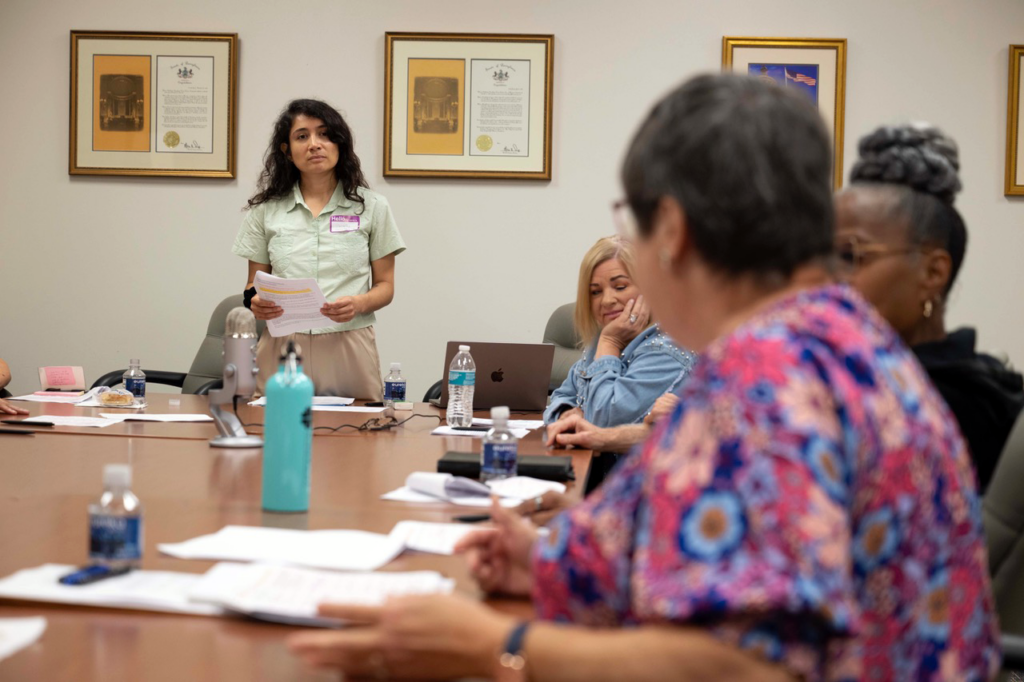
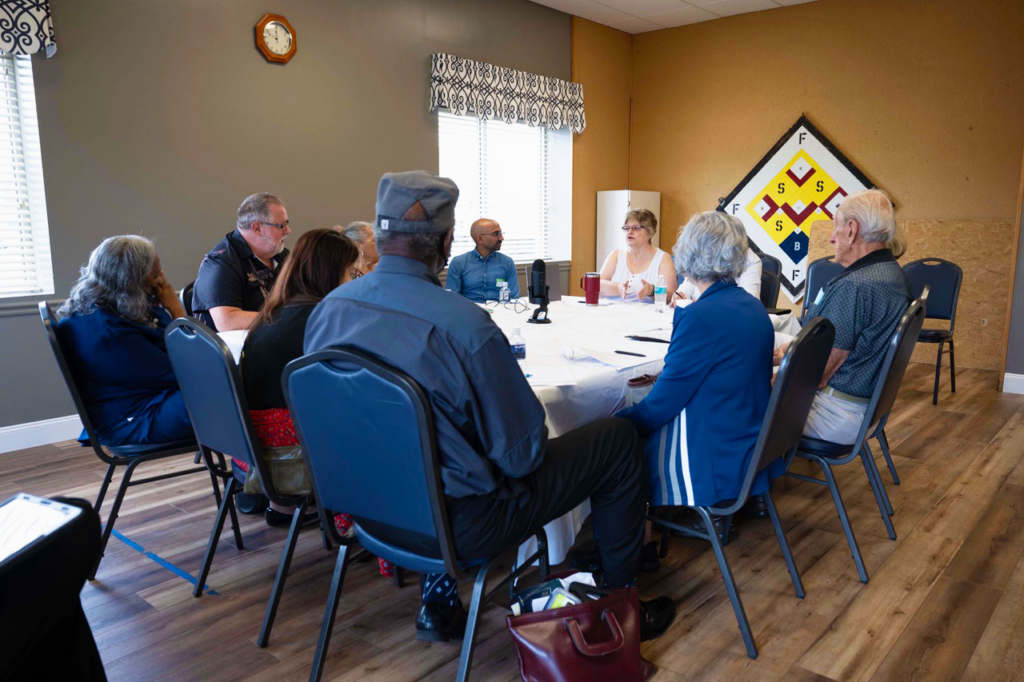
Older adults
Data points
Research Approach
To date, we’ve spoken to 131 older adults over four listening sessions in Pennsylvania, Texas, Arizona, and Alabama. We will have an additional listening session in California.
In the first round of listening sessions, we selected Pennsylvania, Texas, and Alabama to represent a diversity of geographic areas, population densities, political leanings, and U.S. Dept. of Health & Human Services (HHS) regions.
In round two, we selected two additional locations, Arizona and California, to expand our data collection and ensure a broad range of perspectives. In the Arizona listening sessions, all 24 older adults engaged were of Native American or Native Hawaiian descent. For California, in addition to aiming for a participant sample of various races, ethnicities, and income levels, we seek to recruit two groups of older adults whose primary language is Spanish or Mandarin.
During these sessions, participants discussed their experiences and needs surrounding housing, in-home support, healthcare, community, and more. These listening sessions were supported by the Interagency Coordinating Committee on Healthy Aging and Age-Friendly Communities and National Plan on Aging Community Engagement Collaborative and complimented their listening session with older adults in Washington, DC.
The first round of listening sessions in Pennsylvania, Texas, and Alabama were two and a half hours and began with an introduction by Rita Landgraf, the National Plan on Aging Community Engagement Collaborative’s facilitator. Then, we facilitated small group conversations in separate rooms, ensuring that participants had the space and quiet to engage comfortably and openly. Throughout these conversations, participants completed brief worksheets to capture initial thoughts before sharing. The worksheets helped prime participants to share and provided an additional avenue for feedback, particularly for those who preferred written responses over verbal participation. Following the session, we collected the worksheets, facilitator notes, and discussion transcripts to capture a comprehensive view of participants’ contributions.
After the sessions, we gathered 709 data points from captured notes and 396 participant worksheet pages. Each piece of data was grouped into themes clustered within the four inquiry areas.
Later in 2025, we will update this page with the data points and insights from the second round of Listening Sessions in Arizona and California.
Recruiting Participants
We recruited participants through local community-based organizations, Facebook ads, and through PPL’s longitudinal research project with older Americans, The People Say.


What We Heard
From our review of the clustered themes, we identified 18 key insight areas that reflect the needs and experiences we heard during research. Each insight area highlights a core need; an insight into the significance or challenge of meeting it; policy and service gaps relating to it; and a “what helps” section with notes on what has helped some participants meet the need. The insight areas not only reveal why certain needs remain unmet but also point to the consequences of these gaps.
The insight areas are: financial security, job opportunities, educational and volunteer opportunities, support for caregiving responsibilities, community information resources, group memberships, dedicated public places and programs, transportation, walkability and proximity, neighborhood safety, home modification and navigation, home maintenance, help with self-care and everyday tasks, frameworks and support for family caregiving, benefits eligibility, benefits access, access to providers, and relationships with clinicians.
The final report outlining each insight area will be used by future policymaking frameworks and plans.
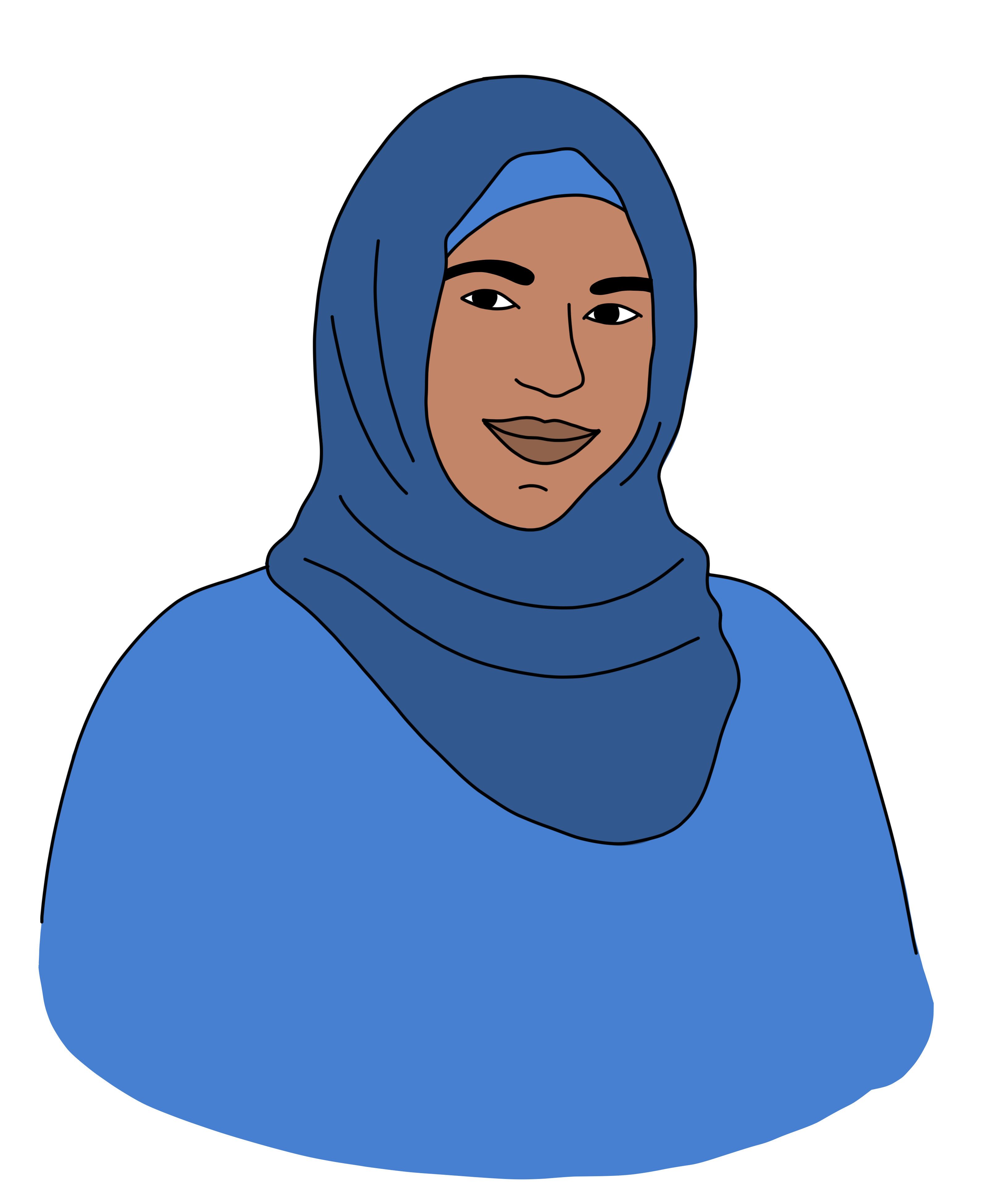
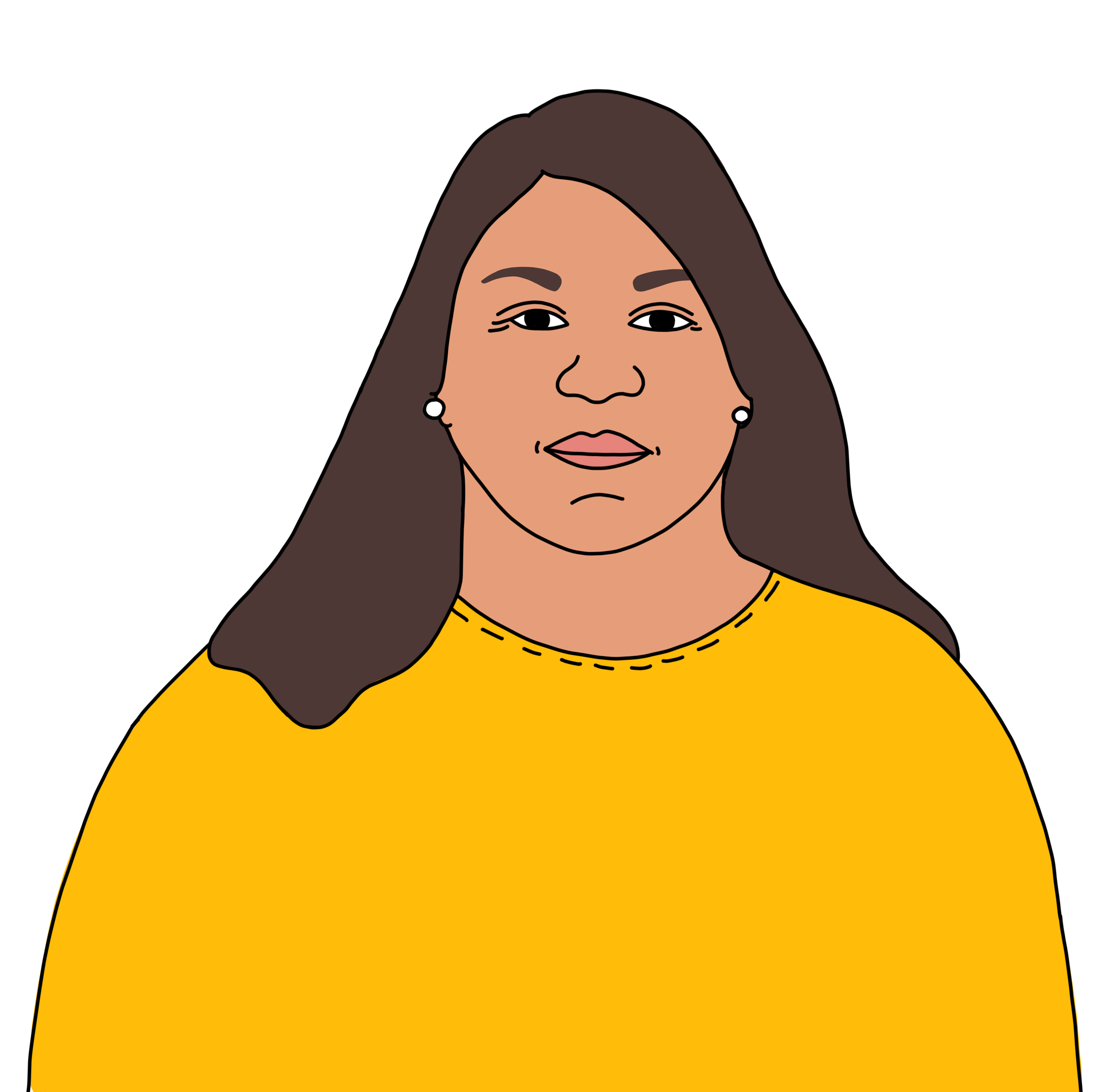
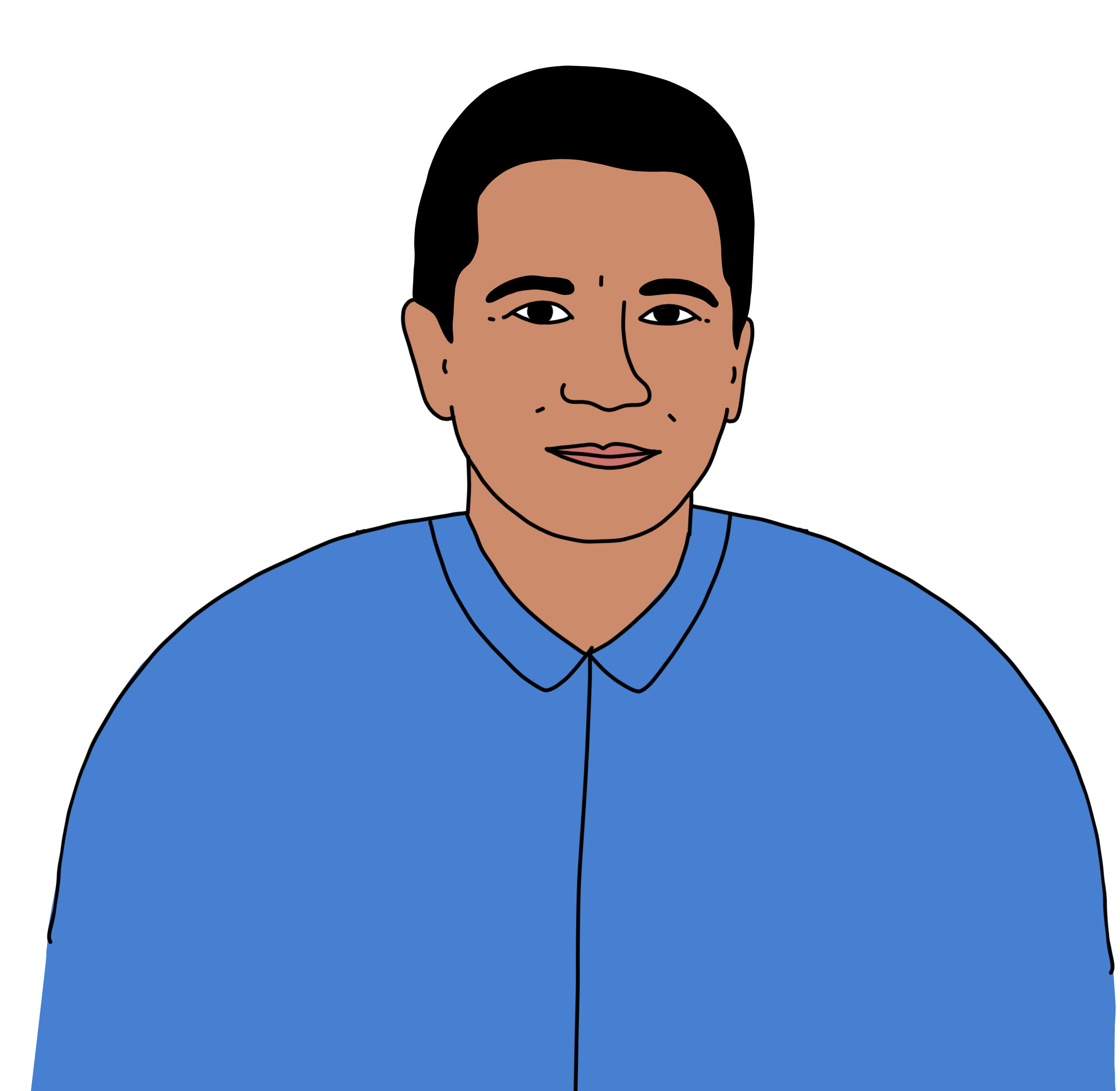
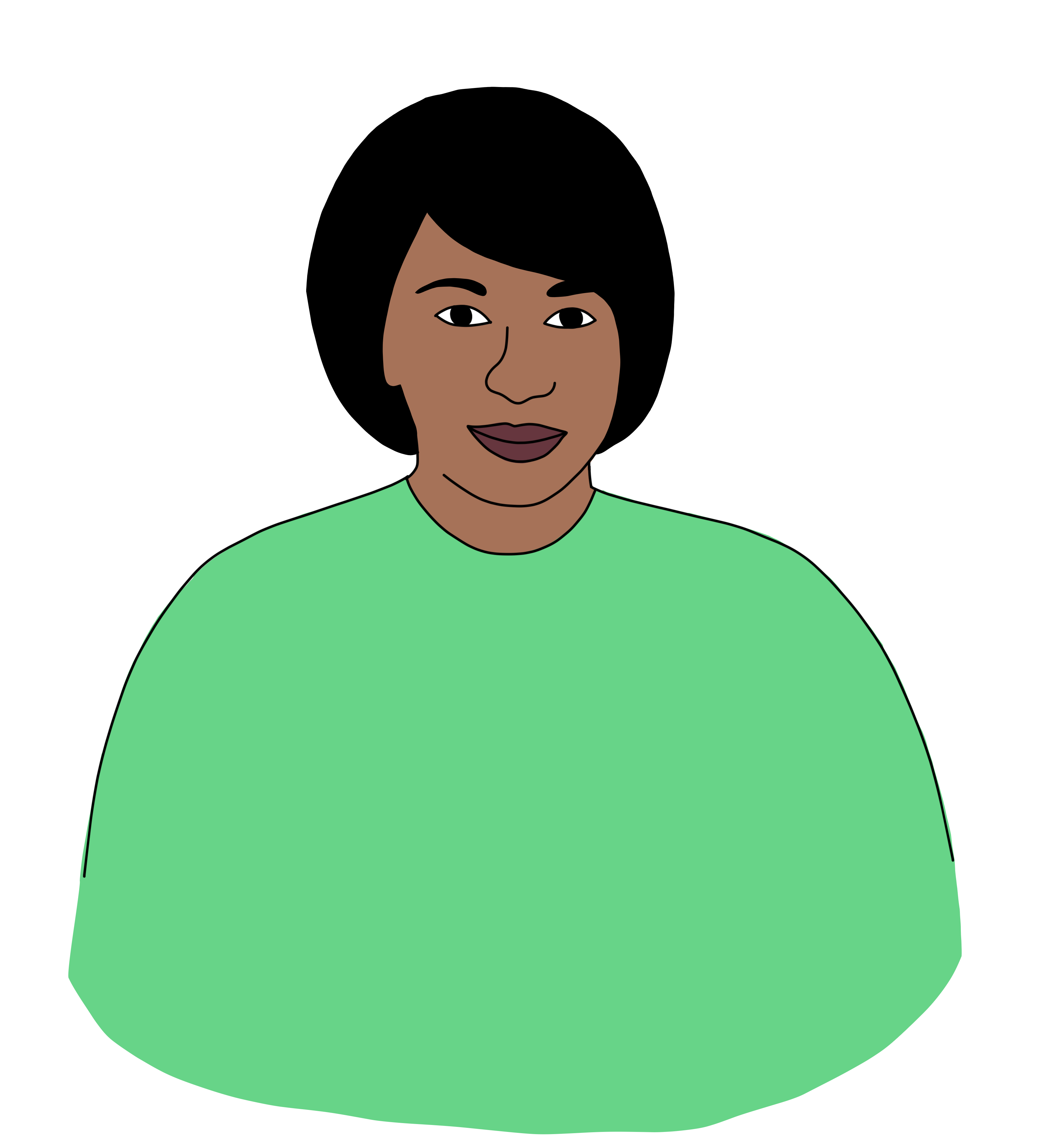
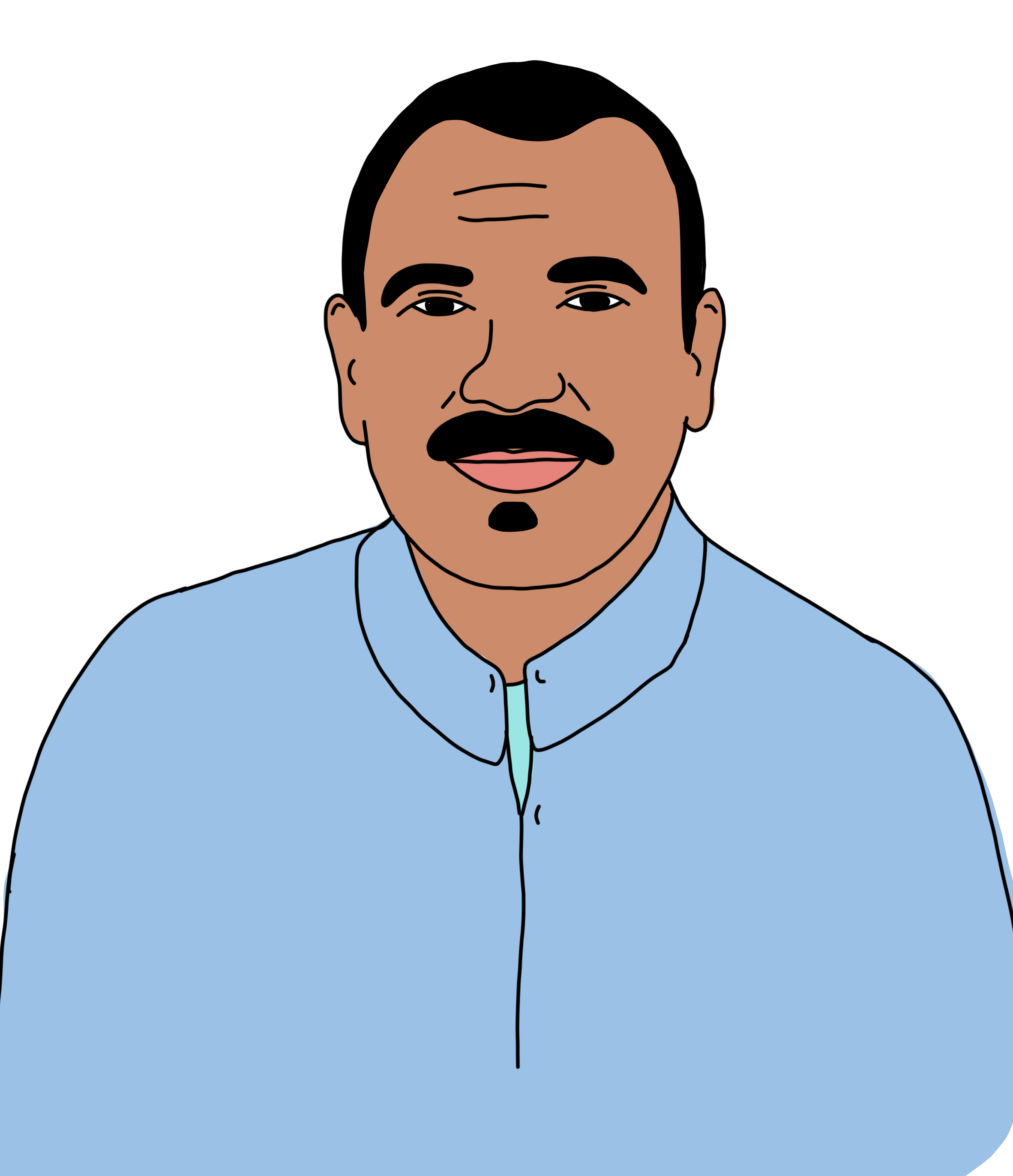
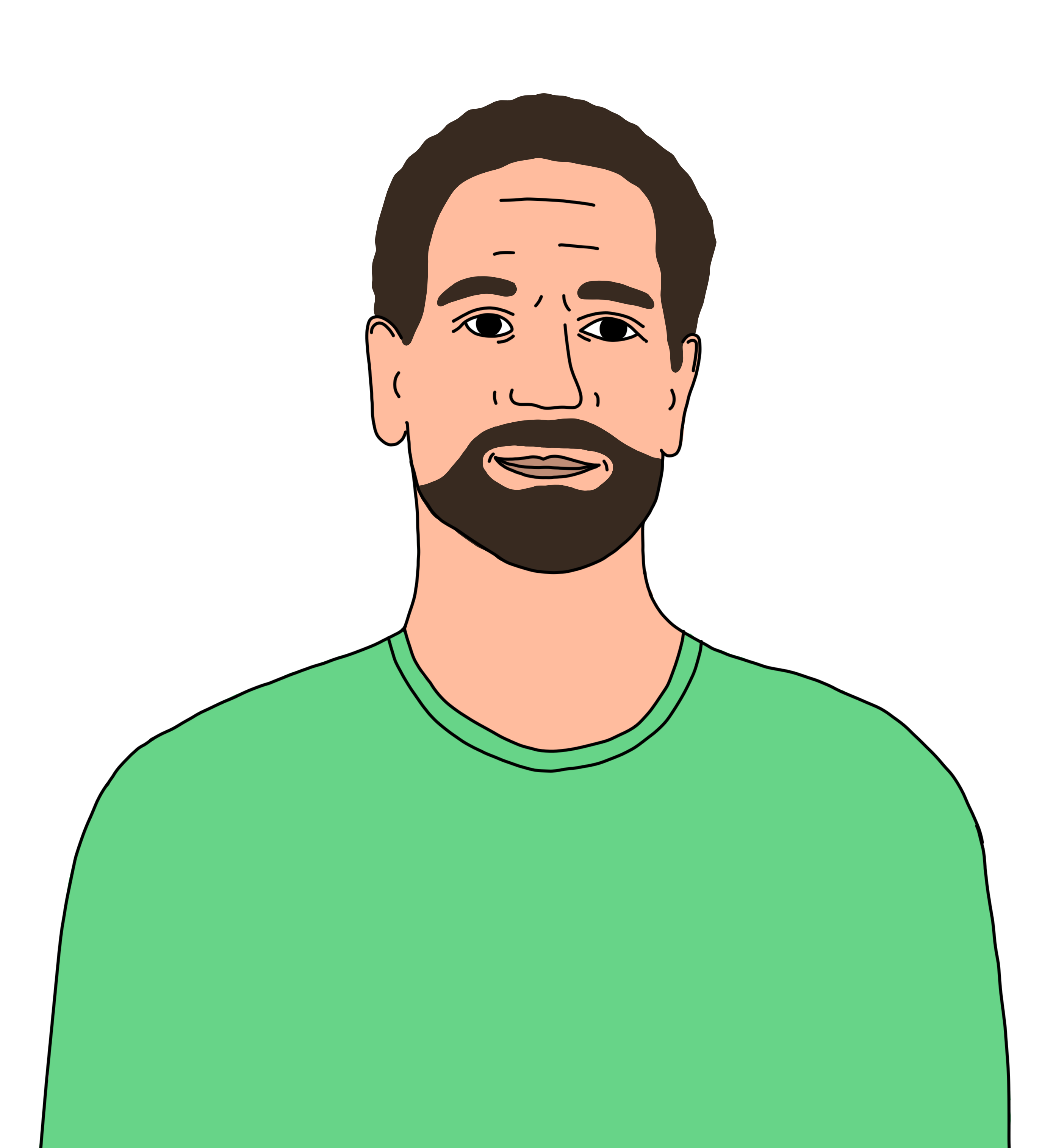


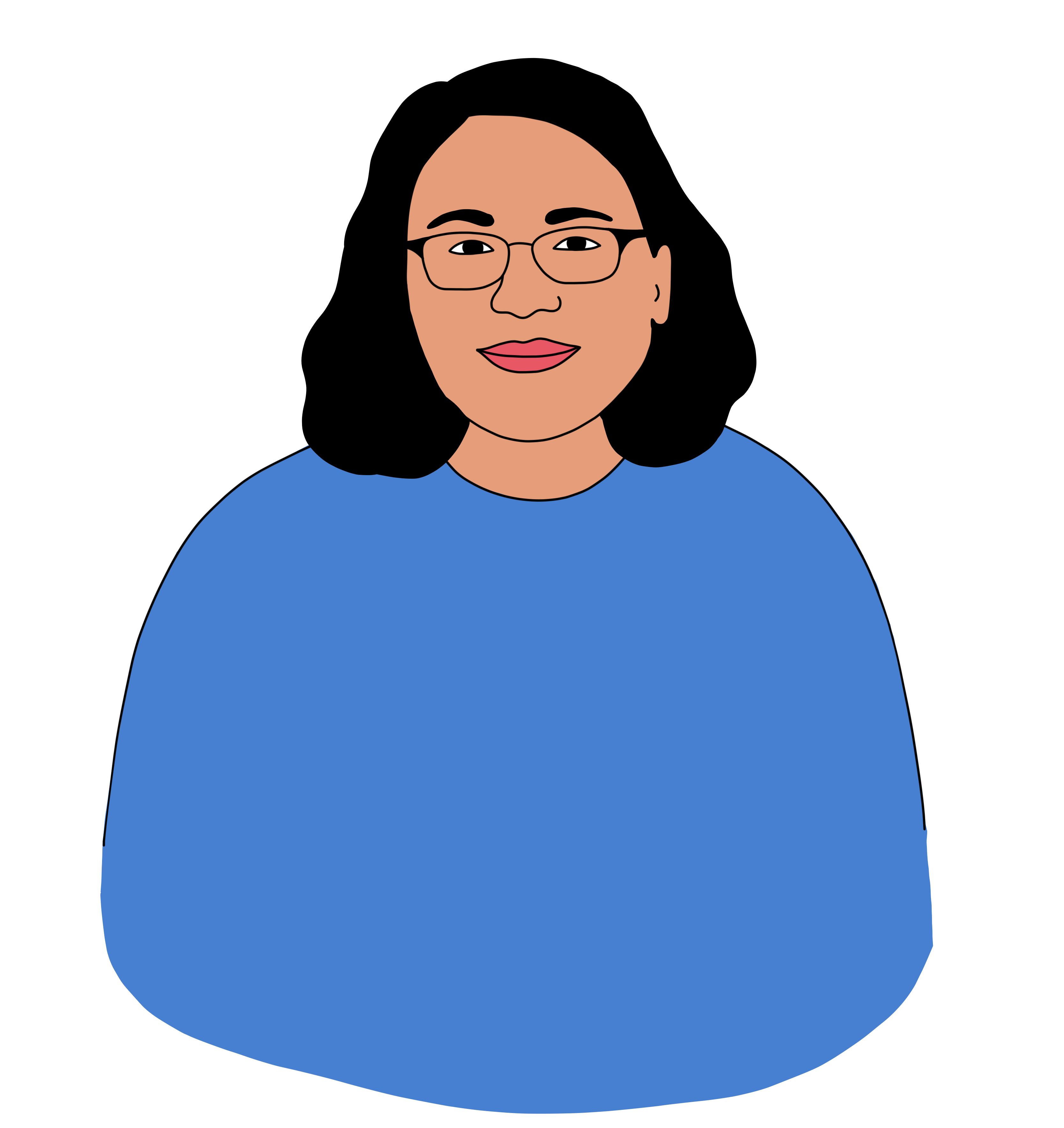
The first set of learnings and insights from Pennsylvania, Alabama, and Texas were delivered to the National Plan on Aging Community Engagement Collaborative in early 2025. Following the completion of the second set of listening sessions in Arizona and California, we will synthesize additional insights and deliver the next round of learnings.
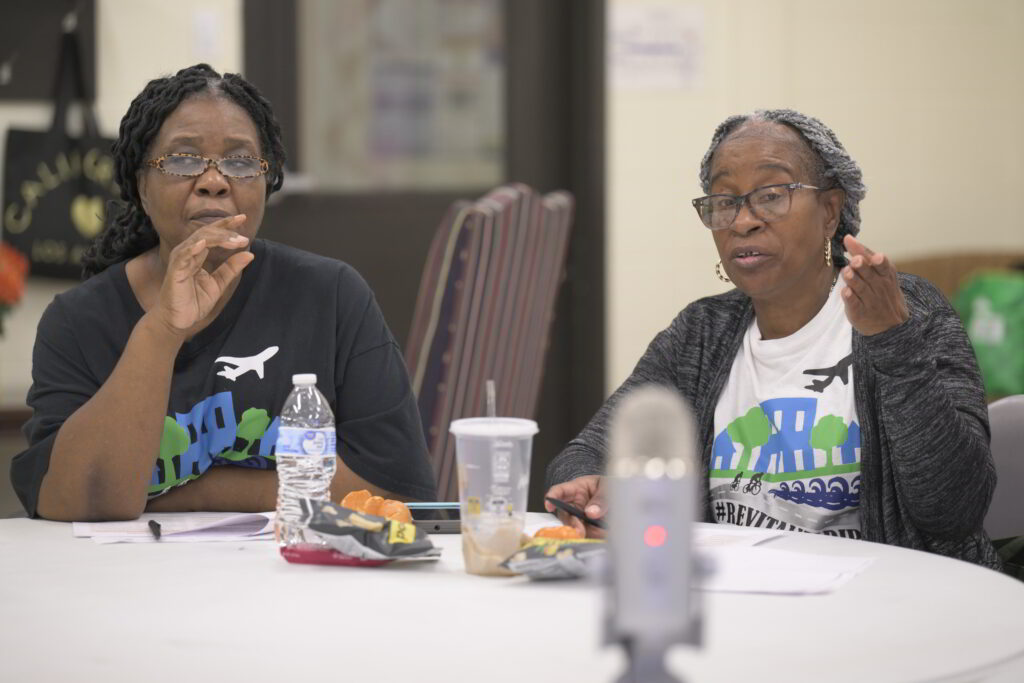
PPL is a tax-exempt 501(c)(3)
nonprofit organization.
info@publicpolicylab.org
+1 646 535 6535
20 Jay Street, Suite 203
Brooklyn, NY 11201
We'd love to hear more. Send us a note and we'll be in touch.
We're currently seeking applications for a Graduate Summer Intern. If interested, learn more about the role here.
To hear about future job announcements, follow us on Instagram, Twitter, Threads, and LinkedIn or subscribe to our newsletter.
Enter your email below to subscribe to our occasional newsletter.
Wondering what you’ve missed?
Check out our
The Public Policy Lab is a tax-exempt
501(c)(3) nonprofit organization.
Donate now to support our work; your
gift is tax-deductible as allowed by law.